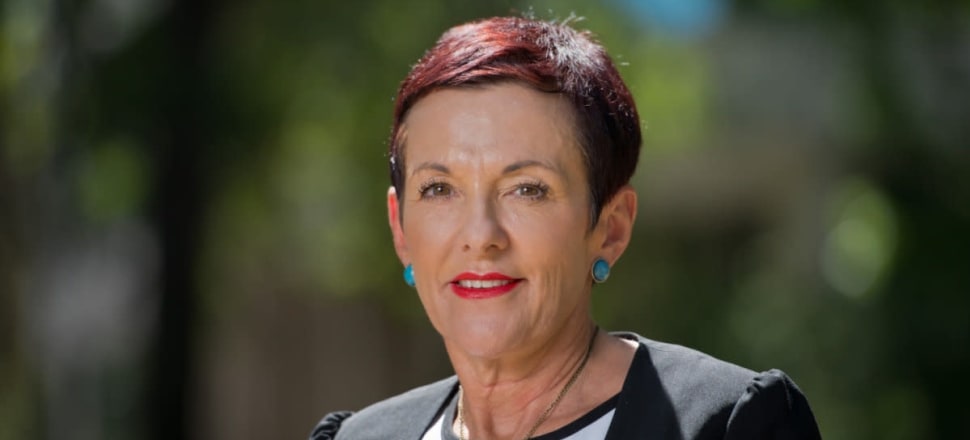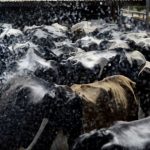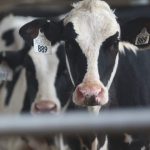
It comes after the Australian Competition and Consumer Commission released a report reflecting on compliance with the code, which was implemented on January 1, 2020.
The report found in general, dairy processors were engaging with their obligations under the Dairy Code of Conduct but there were areas where improvement was needed.
Identified issues included failure to make milk supply agreements (MSAs) freely viewable by June 1, failure to publish non-exclusive MSAs alongside exclusive MSAs, failure to report on MSA disputes by reporting period deadline, failure to make MSAs a single document, MSAs allowing processors to terminate the agreement for non-code compliant reasons, failure to specify end dates in MSAs and the inclusion of automatic rollovers and renewable clauses which are in breach of the code.
Ombudsman Kate Carnell said the issues raised by the regulator highlighted the need for dairy industry participants to understand their rights and obligations under the code.
“The mandatory Dairy Code of Conduct gives Australian dairy farmers a framework to negotiate a fair price for their product,” Ms Carnell said.
“The code applies to all milk supply agreements entered into, or amended, on or after January 1, 2020.
“My office can provide small and family business owners in the dairy industry with information on the code, as well as options to resolve disputes and access to mediation and arbitration services.
“The Dairy Code of Conduct provides dairy farmers and other industry participants with avenues for dispute resolution within a fairer framework.”
The ACCC revealed it was currently investigating alleged instances of non-compliance in milk supply agreements and hadn’t ruled out taking enforceable action.
For more information, visit: asbfeo.gov.au
























